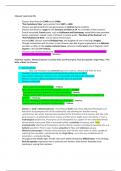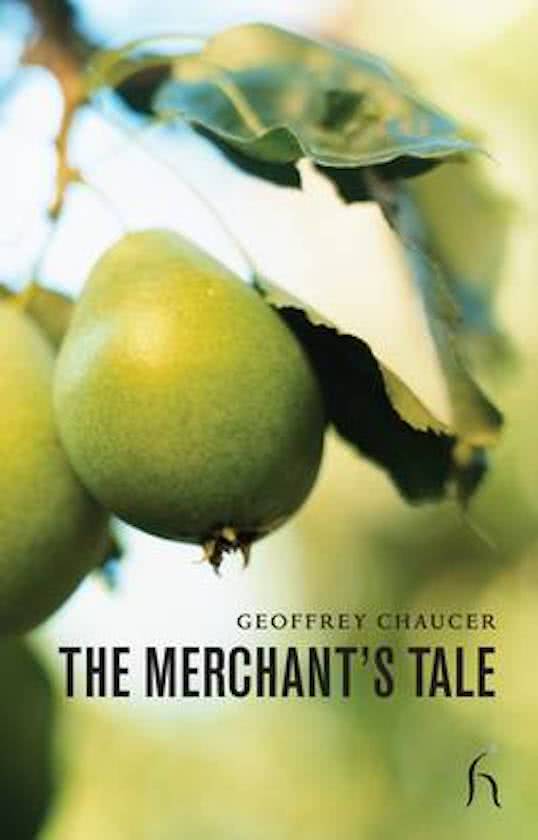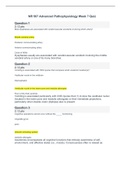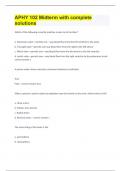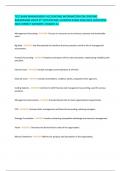Summary
Summary The Merchant's Tale AO3 (Context) and AO5 (Critics)
- Institution
- WJEC
- Book
- The Merchant\'s Tale
An in-depth summary of AO3 (context) and AO5 (critics) for Geoffrey Chaucer's 'The Merchant's Tale'. Catered towards A-Level students studying WJEC Eduqas English Literature (pre-1900s poetry). Divided by topic with highlighted bullet points. Includes information on: Authorial context: Chaucer's...
[Show more]
